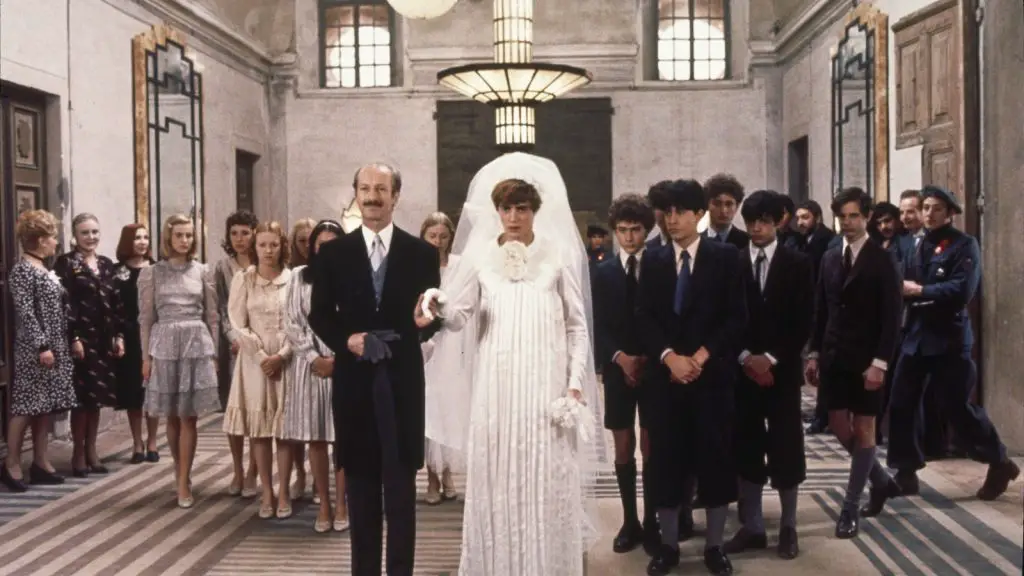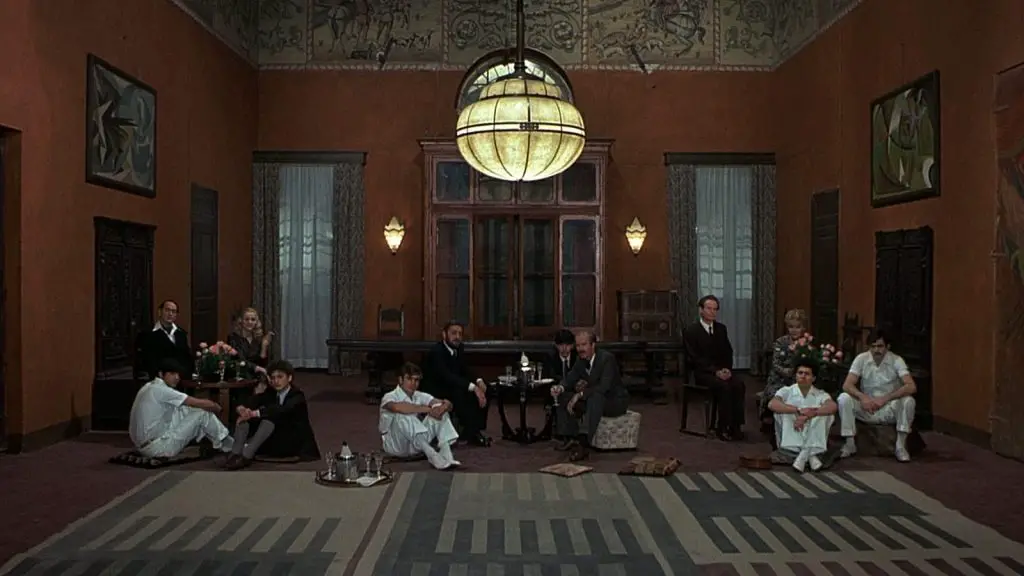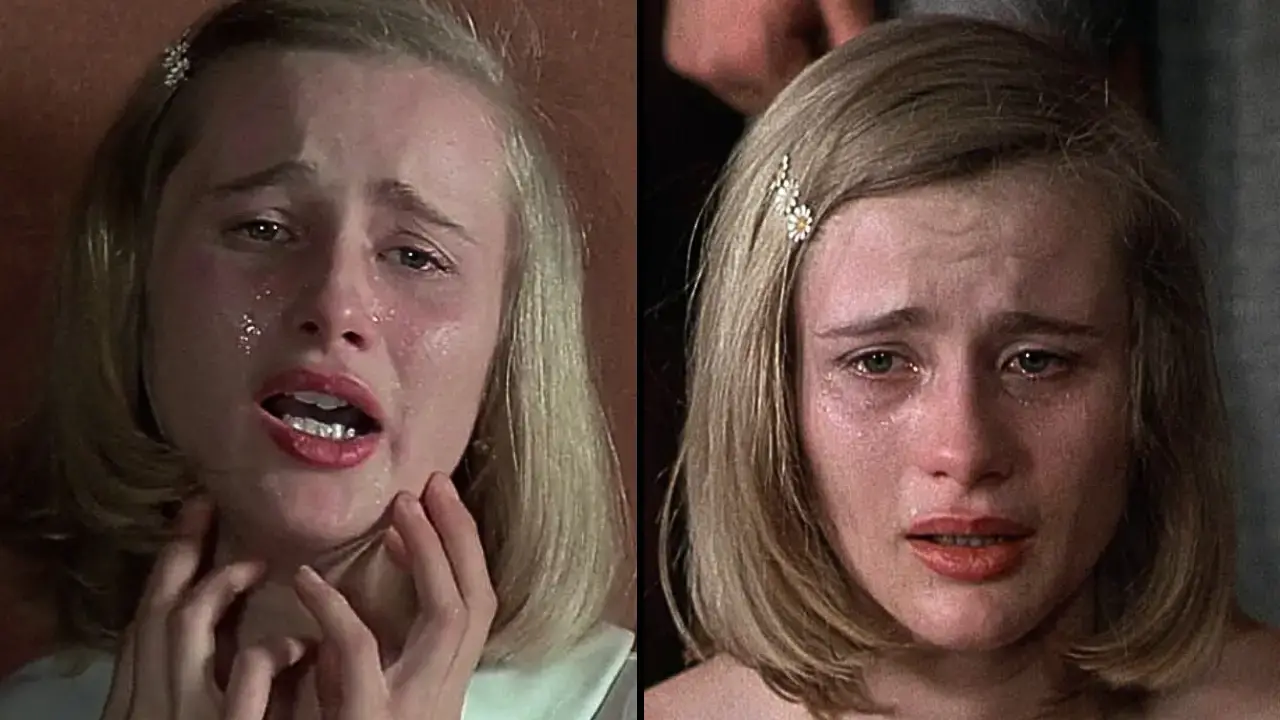Few films in the history of cinema have elicited as much revulsion and controversy as this one.
While many movies test the limits of violence, depravity, and human suffering, this film occupies a realm entirely its own.
Unlike shock-driven horror like Cannibal Holocaust (1980) or A Serbian Film (2010), its horrors are grounded in historical atrocity and a grim philosophical critique—making the experience all the more unsettling.
Even profoundly harrowing works like Schindler’s List (1993) and Requiem for a Dream (2000) fall short of matching the bleak nihilism found in Pasolini’s adaptation of the Marquis de Sade’s notorious novel.

The impact of the movie on audiences is undeniable. Many who have endured its brutal depictions of abuse and dehumanization struggle to find words to describe the experience.
“The most provocative and disturbing movie ever made in history,” one writes.
Another calls it: “A movie so disgusting that it makes you question the director’s mental health and motivation.”
A third urges others: “People, please don’t go and check this movie out for your own good. This s*** is disturbing.”
Critics have been divided on the title since its release – some view it as a masterpiece of political and philosophical cinema, while others see it as an exercise in excess.
Roger Ebert refused to give the movie a rating, stating: “This is not a film that can be judged by ordinary standards.”
Jonathan Rosenbaum of the Chicago Reader called it: “One of the most profoundly disturbing films ever made, yet essential for understanding the depths of fascism.”
On the other hand, Vincent Canby of The New York Times dismissed it as: “Pointlessly grotesque, an experiment in shock that ultimately means nothing.”

Salò, or the 120 Days of Sodom (1975) by Pier Paolo Pasolini, is set in the final days of Mussolini’s rule in Italy and follows four corrupt fascist libertines who kidnap 18 young men and women.
Over the course of four months, the captives are subjected to extreme physical, psychological, and s**ual torture.
The film is divided into four sections, mirroring Dante’s Inferno, leading to an increasingly unbearable crescendo of horror.
Pasolini uses this structure to critique the abuse of power and the degradation of humanity.

Salò has been banned in several countries due to its extreme depictions of violence, s**ual abuse, and sadism.
Countries such as New Zealand, Canada, Italy, Norway, Sweden, and Germany have either outright banned or heavily censored the film at different points in time.
In the U.K., it remained banned until 2000, while Australia and New Zealand imposed and lifted bans multiple times.
Some Canadian provinces prohibited its distribution, and even in the United States, authorities seized copies despite no official nationwide ban.
Despite its notoriety, Salo remains available for purchase and streaming.
The Criterion Collection offers a restored version on Blu-ray and DVD, while select platforms like Amazon Prime Video and Apple TV provide digital rentals.








